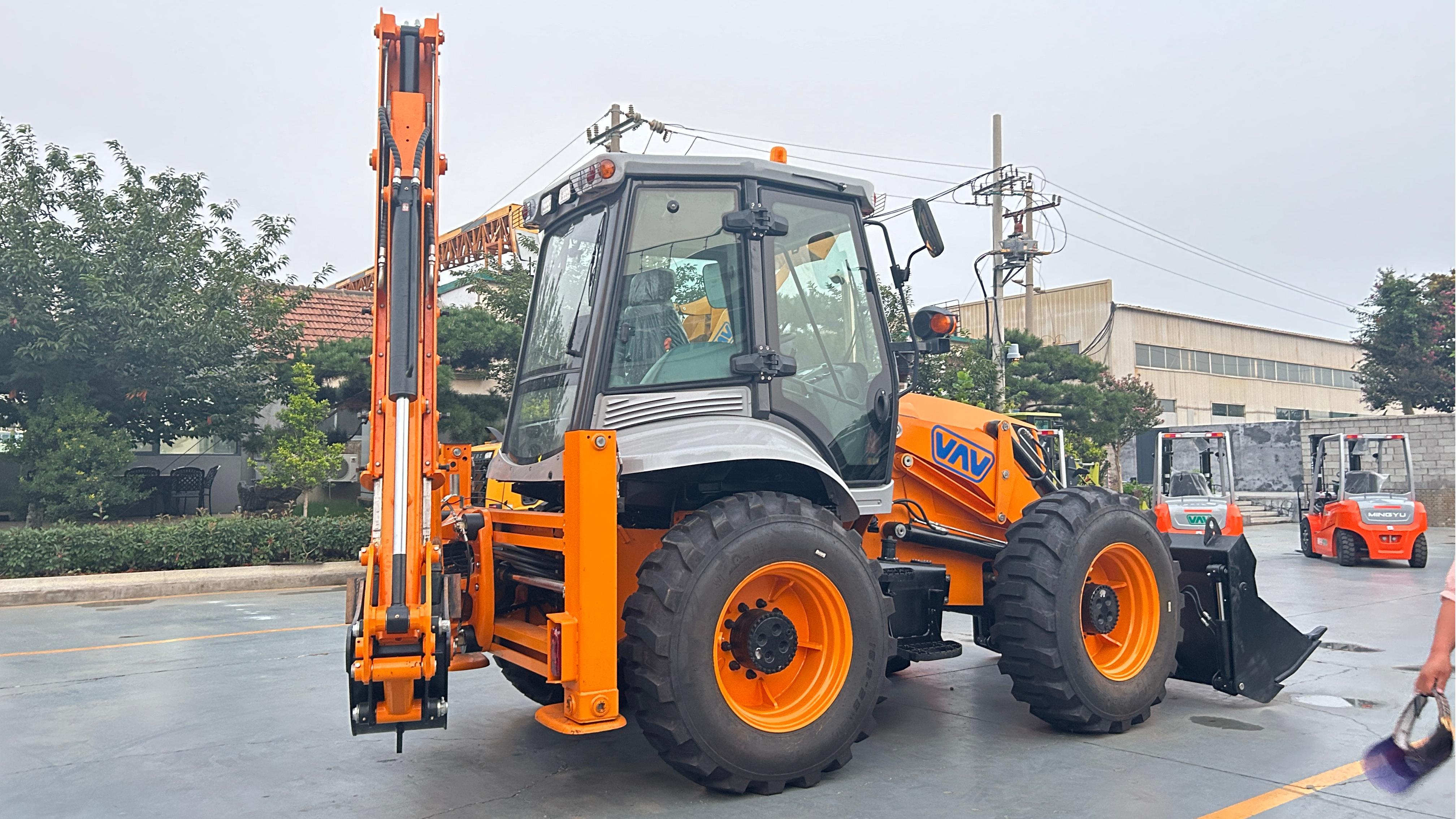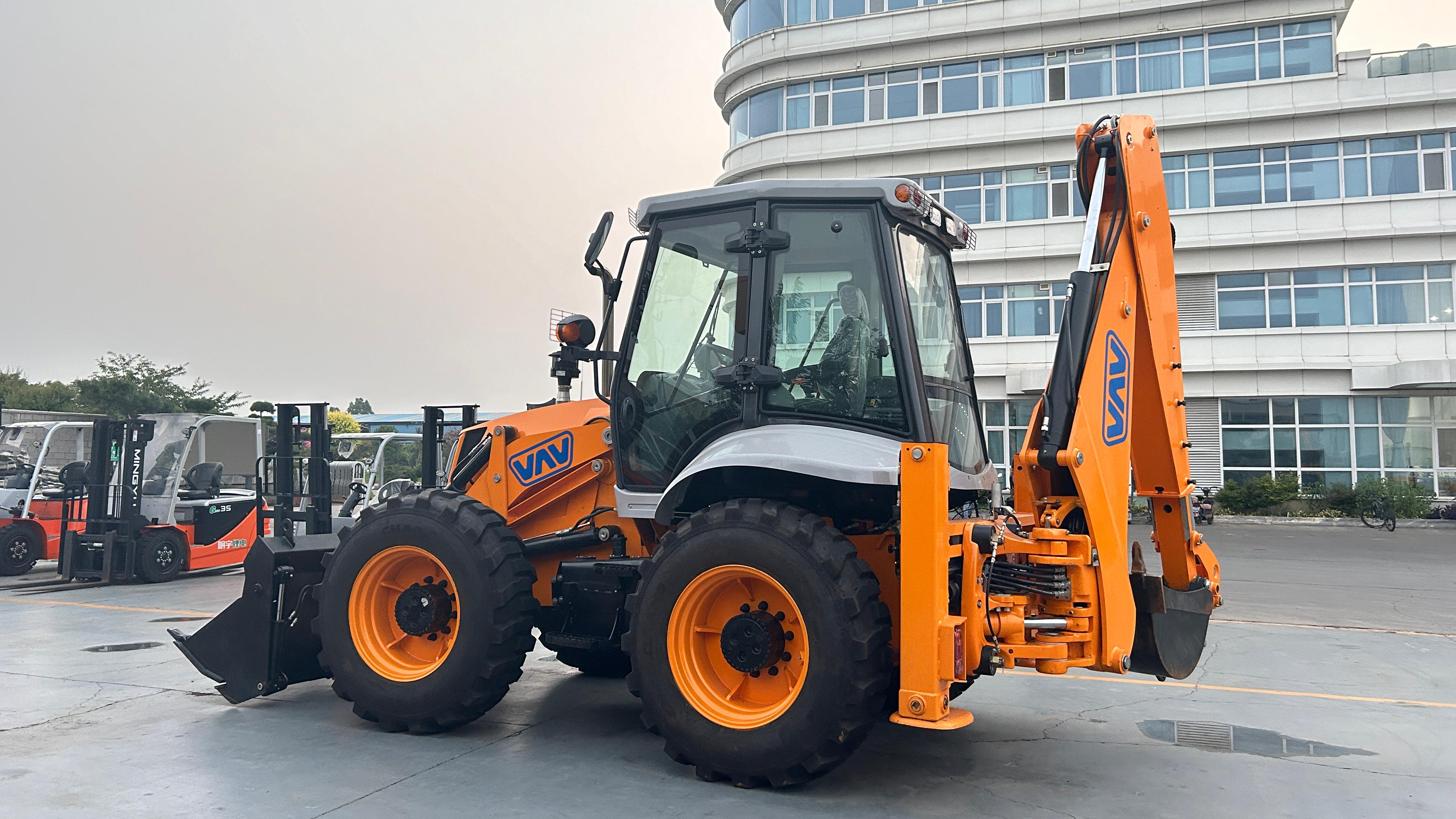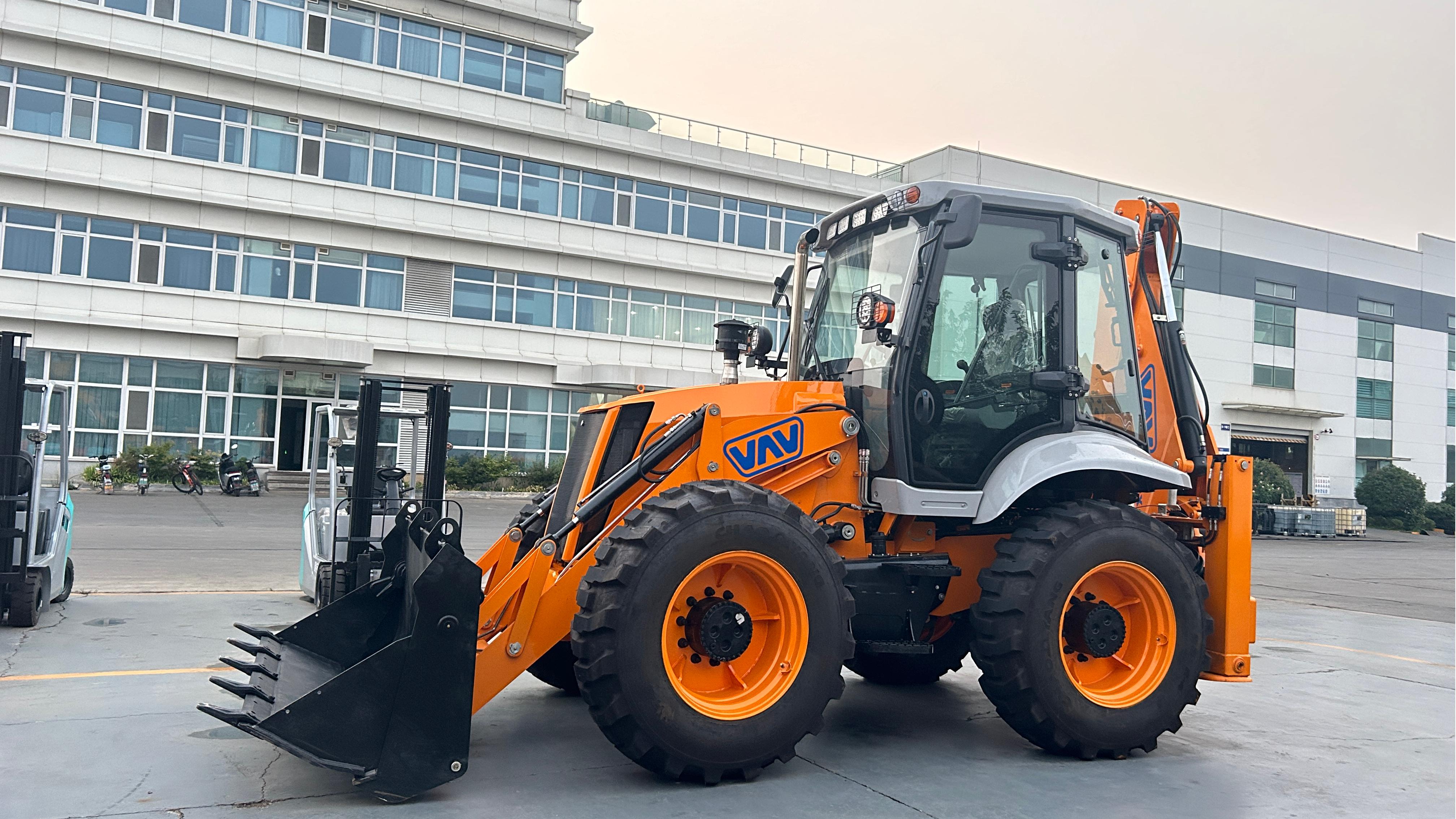Do I Need a License to Operate a Backhoe?
1. Introduction
Backhoes are among the most widely used pieces of construction equipment worldwide. Their ability to perform multiple tasks—digging, loading, lifting, and backfilling—makes them a go-to machine on job sites of all sizes. Whether you're working in construction, agriculture, or municipal maintenance, backhoe loaders are essential tools.
But with this power comes responsibility. One of the most common questions among aspiring operators and employers is: Do I need a license to operate a backhoe? The answer depends on where you live, where you work, and how you use the equipment.
In this article, we’ll break down the legal, safety, and training considerations around backhoe operation, covering licensing requirements, certifications, and the consequences of operating without proper authorization.
2. What Is a Backhoe and What Does It Do?
A backhoe loader is a type of heavy equipment that combines two functions in one machine:
A front loader (bucket) for scooping and lifting materials.
A rear excavator arm (backhoe) for digging trenches and holes.
Backhoes are ideal for jobs that require both loading and digging. They are widely used in:
Road and utility construction
Landscaping
Municipal maintenance
Agricultural excavation
Because backhoes can move large amounts of earth, operate on uneven terrain, and require precision, operator skill is critical.
3. General Licensing Requirements
In most cases, you do not need a formal "license" like a driver's license to operate a backhoe on private property or for non-commercial use. However, many countries and jurisdictions require training, certification, or proof of competency if the equipment is being used:
On a commercial job site
In a public space (e.g., roadwork)
As part of a contract or construction company
Key differences:
License: A government-issued document allowing operation of a specific class of vehicle (usually not required for backhoes).
Certification: Proof from an accredited body or employer that the operator has received training.
Some countries, like the United Kingdom and Australia, have mandatory certification schemes. Others, like the United States and Canada, emphasize employer responsibility and OSHA compliance.
4. OSHA and Legal Requirements (U.S. Example)
In the United States, the Occupational Safety and Health Administration (OSHA) does not require a specific license to operate a backhoe. However, OSHA mandates that:
Operators must be competent and adequately trained.
Employers must evaluate and document an operator’s ability to safely use the equipment.
This means that while you don’t need a formal government license, you must have documentation of training, especially on commercial job sites or federally funded projects.
In addition, specific jobs (e.g., digging near gas lines or in public rights-of-way) may require additional certifications or permits.
5. Commercial vs. Private Use
The need for certification or licensing often depends on how and where the backhoe is used:
Private Use
Operating on personal property (e.g., a farm or homestead)
No general licensing required
Still recommended to receive training for safety
Commercial Use
Required on construction or government job sites
Employers must provide or verify training
Must comply with local labor, safety, and equipment standards
If you plan to rent a backhoe, many rental companies will require proof of experience or operator certification before releasing the machine.
6. Types of Backhoe Operator Certifications
While backhoe licenses are uncommon, operator certifications are widely available and often required in professional environments. Common types include:
NCCER (National Center for Construction Education and Research): Offers nationally recognized credentials in heavy equipment operation.
National Safety Council (NSC) or state-specific training centers
Union training programs (e.g., International Union of Operating Engineers)
These programs typically cover:
Equipment controls and functions
Safety procedures
Machine inspection and maintenance
Working around utilities and underground hazards
7. Steps to Becoming a Certified Backhoe Operator
If you want to operate a backhoe professionally, here are the general steps:
Meet Minimum Requirements
Typically age 18+
High school diploma or equivalent may be required
Choose a Training Program
Duration: 1 to 8 weeks depending on depth
Options: Trade schools, unions, or vocational centers
Complete Hands-On Training
Learn to operate the backhoe in various conditions
Practice on real job sites or controlled environments
Pass Written and Practical Tests
Demonstrate knowledge of equipment, safety, and regulations
Operate equipment safely under supervision
Receive Certification Card or Documentation
Employers may require copies before allowing you on-site
8. Employer Responsibilities and Insurance Considerations
Employers are legally responsible for ensuring that equipment operators are:
Properly trained and evaluated
Operating within their skill and certification level
Familiar with site-specific safety requirements
Failure to verify an operator’s competence can lead to:
OSHA fines or citations
Legal liability for workplace accidents
Higher insurance premiums
Many companies maintain operator training logs and require renewal of certifications every few years, especially when equipment or roles change.
9. Penalties and Risks of Operating Without Certification
While some jurisdictions may not impose strict licensing rules, the consequences of operating without proper training can be severe:
Accidents and Injuries: Improper operation can lead to tip-overs, struck-by incidents, and underground utility damage.
Fines and Legal Issues: Authorities may penalize employers or stop work on non-compliant job sites.
Equipment Damage: Repairs to damaged machines are costly and can delay projects.
Loss of Employment: Certified operators are more likely to be hired and retained by reputable firms.
Real-world example: A worker in Florida caused a gas leak by digging without proper certification, leading to an evacuation and $50,000 in damages.
10. Conclusion
So, do you need a license to operate a backhoe? In most cases, you don’t need a government-issued license, but you do need proper training and, often, certification, especially in professional or public applications.
To recap:
Private users may operate a backhoe without formal credentials, but training is highly recommended.
Commercial operators must be evaluated, trained, and often certified.
Employers must ensure operator competence to meet legal and insurance standards.
Certification improves job prospects, safety, and credibility.
Whether you're operating a backhoe on your own property or as part of a large construction crew, investing in training and certification is essential. It protects lives, equipment, and careers.
Post time:Jun.25.2025



